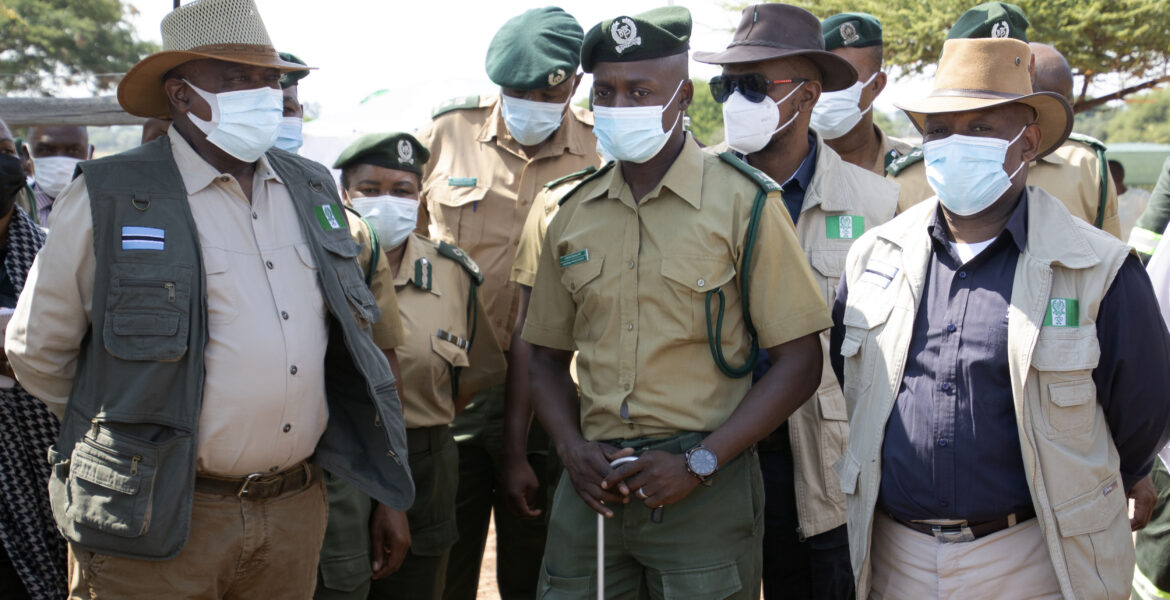- Prisons spy unit was trained by DIS, BPS and BDF intel units
- Will identify threats before they manifest themselves
- Will work hand in hand with other intelligence agencies
TEFO PHEAGE
The recently introduced Prisons Service Intelligence Unit has commenced operations following a successful training programme conducted by the country’s top intelligence agencies, the Minister of Defence and Security, Kagiso Mmusi, has said.
“I can confirm that the Prisons intelligence unit has commenced operations,” Mmusi said. “They were trained by our capable intelligence officers from established organisations like the Botswana Defence Force (BDF), the Directorate of Intelligence and Security (DIS) and the Botswana Police Service (BPS).”
He added that the Prisons Intelligence Unit will work hand in hand with similar institutions.
But research shows that gathering information in prisons needs specialised skills because the setting has its own complications that include dealing with terror groups that are anti-establishment and have no problem telling lies. Besides, prisoners are generally reluctant to share information or testify while their credibility is easily scrutinised.
One of the most widely used methods of intelligence gathering in prisons is the human intelligence method, which involves interaction with ‘snitches’ and informants information that is needed for one reason or another.
Why prisons intelligence?
Internationally, prisons intelligence units are established mainly to thwart escapes, riots and disturbances; support identification and prevention of criminal activity as well as the contravention of prison rules; identification and prevention of criminal activity in the external community; detection of staff corruption and smuggling and help with identification of organised criminal and/or terrorist groups.
Prisons intelligence agencies are also necessary for assessment of organised criminal group influence and interrelationships; identification of vulnerabilities in the prison system; identification of radicalised and extremism inmates in the prison system; help with protection of prisoners who are the most vulnerable and to support decision-makers in prevention and management of incidents.

